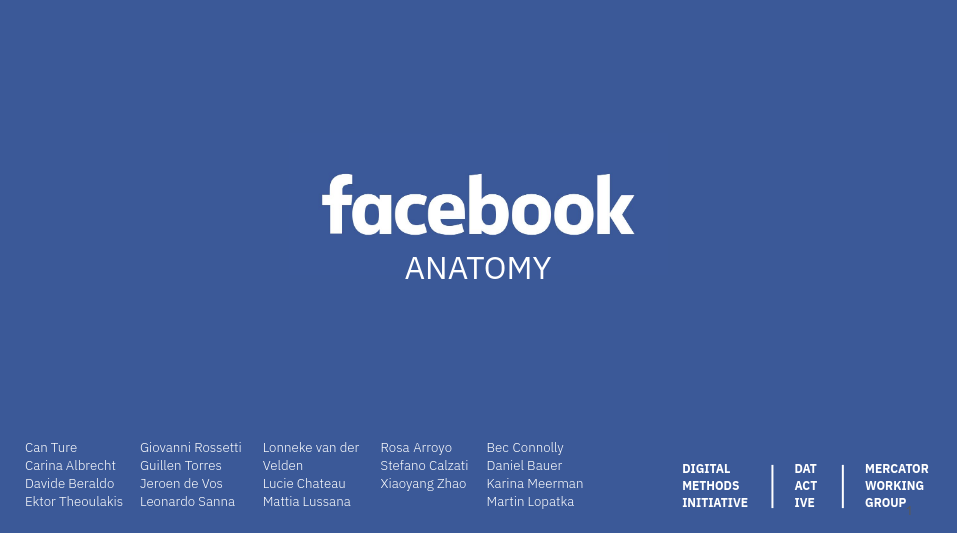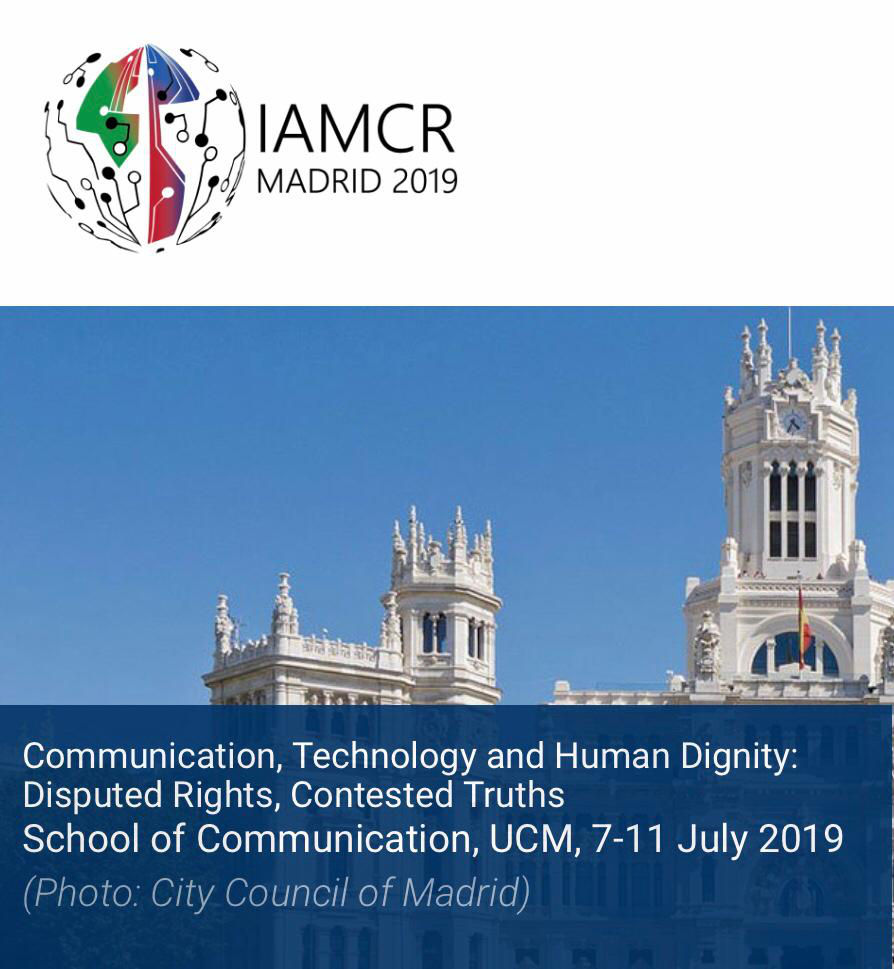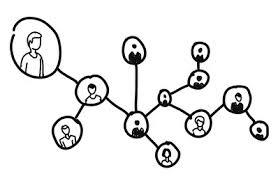On April 9, Stefania was in Berlin to give a talk at the Magnus-Haus, the headquarters of the Deutsche Physikalische Gesellschaft (German Physical Society), as part of the Physik und Gesellschaft series.
The talk was entitled /Error 404: Social Life Not Found/ – How to bring politics back into the datafied society, and was moderated by Prof. Dr. Wolfgang Eberhardt.
Abstract
Datafication – or the process of rendering into data aspects of social life that have never been quantified before – has altered the way we experience ourselves and exercise our citizenship today. Blanket surveillance and privacy infringements, however, are making citizens grow aware of the critical role of information as the new fabric of social life. As the advent of datafication and the automation turn threaten social life as we know it, how can we re-invent citizenship? How can we bring progressive politics back, to inform, among others, technological development and public policies? In this talk I will reflect on how politics and citizen agency are re-designed in light of the challenges and possibilities of big data and machine learning.










